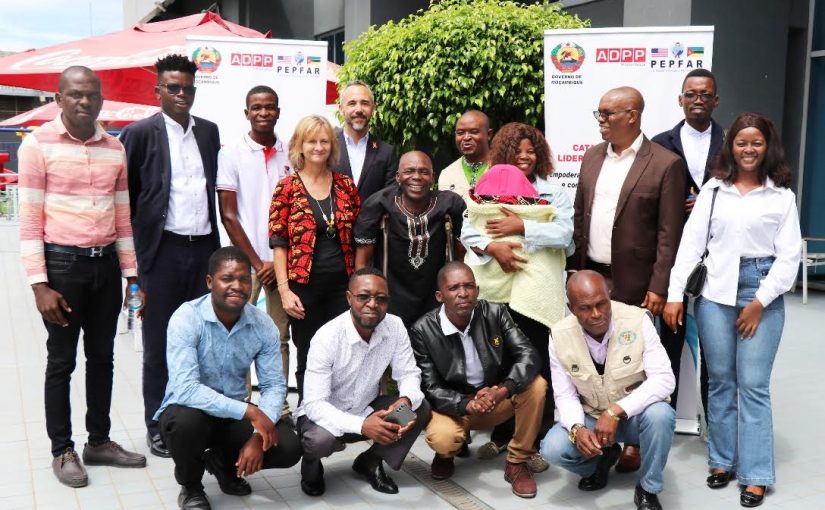Mozambique: Duo arrested for falsifying documents of a deceased person - Watch
Mozambique: U.S. Embassy launches the “Catalisar” project to strengthen HIV and TB combat

File photo: O Pais
The United States Embassy in Mozambique announces the launch of the Catalisar project, a community-led monitoring program that will support efforts to respond to HIV and Tuberculosis (TB) in the province of Nampula.
The project, funded by the President’s Emergency Plan for AIDS Relief (PEPFAR) through the Centers for Disease Control and Prevention (CDC), will be implemented over the next five years by ADPP Mozambique in collaboration with Nampula provincial health authorities.
The program will begin operating in 19 health facilities located in the city of Nampula and the districts of Meconta and Rapale, with an estimated impact on over 60,000 people living with HIV.
“The Catalisar project will improve the quality of HIV and TB services,” said Emanuel Pereira, Associate Director of Communication and Community Engagement at the CDC, during the project launch ceremony held on April 16 in the city of Nampula. “The project will promote equity in access to health, especially among the groups most vulnerable to these epidemics,” the press release reads.
“The Government of Mozambique believes that this project is essential to improve the health of our communities. We must ensure that this investment reduces new cases of HIV and TB, treatment abandonment, and strengthens adherence to health services and humanized care,” explained Fernando Mitano, Nampula Provincial Health Director.
Through Catalisar, Community-Based Organizations (CBOs) will implement Community-Led Monitoring (CLM) programs to help identify accessibility, acceptability, and adequacy barriers related to the provision of HIV and TB services.
The project will be implemented in close collaboration with the Civil Society Platform for Health – PLASOC-M, using monitoring tools and indicators prioritized by its constituencies of people living with HIV and key populations to improve the quality of HIV and TB services.
The initiative will promote the institutional and technical development of CBOs to improve their capacity to intervene in community health programs, including health literacy activities.













Leave a Reply
Be the First to Comment!
You must be logged in to post a comment.
You must be logged in to post a comment.